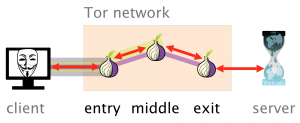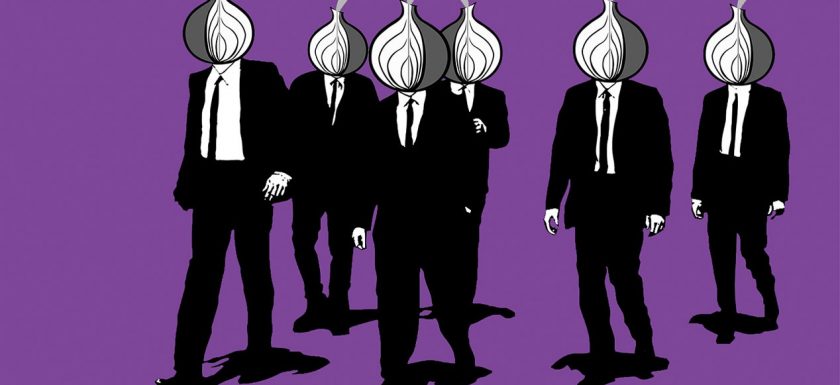To understand what is the dark Web, you have two different concepts: Clearnet, Deep web, Dark web and Darknet. The easiest to understand is the Transparent Network, which is the Internet, which can be found in the pages found in Google and other search engines and those that can be accessed directly from them. ~ 90% of the content of the network is not accessible through search engines. That is a part of the Deep Web, which includes all the information that you can not access publicly. It may be conventional pages protected by a paywall, but also files stored in Dropbox, emails saved in your provider’s servers, and all those pages that are created for a few moments, for example, when you set up a travel search engine and it shows you the content. Imagine, for example, a page that you access by writing a conventional web address, but whose content you can not access if you do not pay a certain fee or a monthly fee. That is Deep Web. So is the page that is generated when you are using a travel search engine. It is a unique web configured with the data that you have entered, and which can not be accessed directly.

If the Deep Web is 90% of the Internet, the Dark Web would occupy only 0.1% of it. It is a portion of the Internet intentionally hidden from the search engines, with masked IP addresses accessible only with a special web browser. The Dark Web is therefore part of the Deep Web, but they are different things. For example, if the Deep Web were a city, the Dark Web would be several neighborhoods. They are part of the city, but they are not the city.
The Dark Web is the content you can find in different Darknets, which are each of the networks that you can only access with specific programs. The most popular is TOR, but you also have Freenet, I2P or ZeroNet. Each of these is a Darknet, but when we refer to all of them we generally use the term Dark Web.
You can find your pages in Google, Bing and other search engines. But there is some exception. For example, search engines have been created for Darknets like TOR, and we have some search engines like DuckDuckGo that are also working on including this type of content. It is also important to make clear that the Dark Web is not bad by definition, that many of its myths are false and that it has enough pages with constructive content. In addition, the Dark Web serves as a shelter for persecuted activists in especially iron-fisted countries with freedom of expression, and helps others to bypass local censorship to gain access to information.

